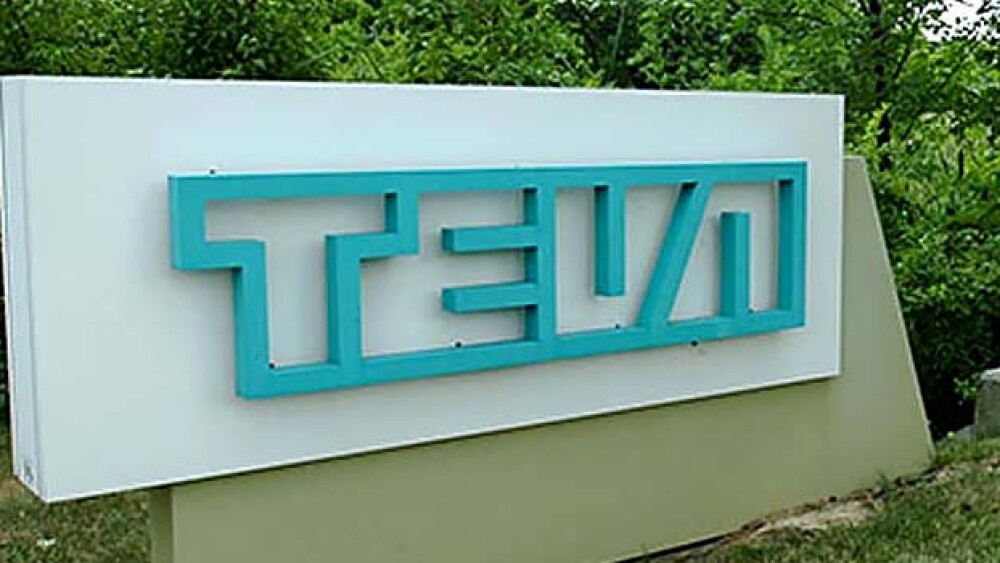It seems those thousands of anticipated and dreaded pink slips at Teva will be handed out on Thursday.
It seems those thousands of anticipated and dreaded pink slips at Teva Pharmaceuticals will be handed out on Thursday. The company is expected to announce it will terminate up to one-third of its Israel-based employees, according to reports.
Earlier this week, BioSpace cited an Israeli business news report that indicated Teva could cut up to 10,000 jobs in order to save up to $2 billion in costs over the next two years. Teva, had employment numbers of 57,000 people globally at the end of 2016, has been battling a debt burden of nearly $35 billion.
If new Chief Executive Officer Kåre Schultz pulls the trigger on the job cuts, there will be an estimated 1,300 Israeli employees in administrative roles who lose their jobs, Israel’s Haaretz reported this morning. Additionally, Teva could abolish its TAPI division, which employs about 1,100 people. That division makes raw materials for pharmaceuticals, Haaretz noted that such manufacturing can be done “more cheaply” in India. Israeli business publication Calcalist said Teva will shut down a research and development center in Netanya, which employs about 350 people. Another 500 will be let go from Teva’s headquarters in Petah Tikva, Calcalist said. The HQ site has about 1,500 people currently. Additionally, Teva will close a factory in the city of Kiryat Shmona and terminate the majority of employees at the Ne’ot Hovav facility, Calcalist said.
In addition to straight job cuts, Teva could continue to look at selling off some of its non-core assets – a move that could generate funds to pay down debt and could possibly spare some jobs. Teva has already sold a number of its assets to pay down its debt. On Nov. 3, Teva announced it completed the $675 million sale of Plan B One-Step to Foundation Consumer Healthcare. Teva sold its branded contraceptive line Paragard, a product within its global Women’s Health business, to CooperSurgical for $1.1 billion. The company has also been looking to unload several non-core businesses, including its Medis and respiratory units to help pay down short-term and long-term debt.
The cuts and asset sales are part of a plan announced by Shultz last month to streamline Teva and restore its financial foundation. Since taking over as CEO earlier this fall, Schultz has taken a number of actions to shore up the bottom line, including reported plans to terminate 1,700 employees in Israel and the United States, as well as a shakeup of the leadership team. Schultz said the new management team is aimed at positioning Teva for a “turnaround in the short to medium term.” When he announced the new C-Suite team, Schultz said it is management’s “absolute priority to stabilize the company’s operating profit and cash flow in order to improve our financial situation.”
Teva has been struggling with its debt, which was largely created from Teva’s 2015 $40.5 billion acquisition of Actavis, Allergan’s generics division. The company is also facing other financial challenges due to diminished sales in the United States and generic challenges to its lead branded drug Copaxone. Those challenges forced Teva to once-again lower its 2017 financial outlook. After that outlook change, Teva’s credit rating was cut to junk status by Fitch Rating.
Shares of Teva were up slightly in pre-market trading to $16.65. The stock closed at $16.52 on Tuesday.





